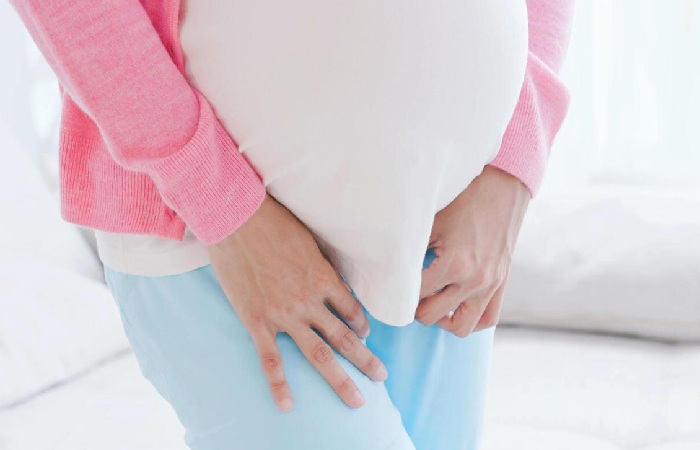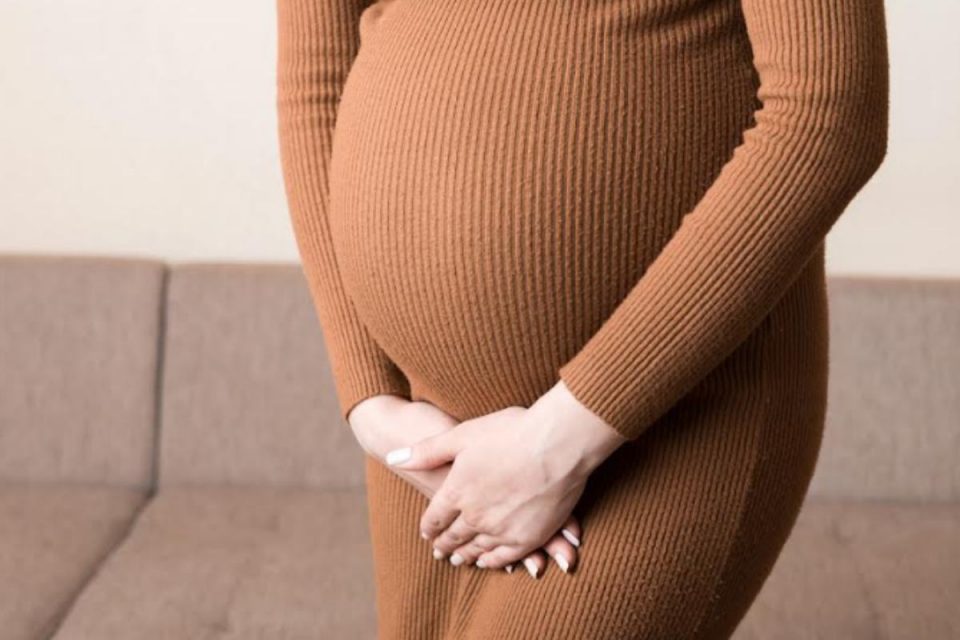If you are pregnant or recently gave birth, you may be dealing with urinary incontinence (UI). UI can be a major inconvenience and challenge during your pregnancy and the postpartum period. Pregnancy and childbirth can be extremely challenging for anyone, but they may seem even worse if you can no longer rely on bladder control. So if you are dealing with this problem, there are a few things you can do to help make your experience as positive as possible. First, be aware of the symptoms and try to determine what is causing them. If you can find the root of the problem, you may be able to fix it before your condition becomes worse.
Why Do Women Experience Incontinence When Pregnant?

Urinary incontinence is a common problem for pregnant women. One reason for this is the added pressure of the baby on the pelvic muscles. As the baby grows, the bladder and other pelvic organs are pushed downward, which can lead to weakness in the pelvic floor muscles. This can cause urine leakage, especially when sneezing, coughing, or laughing. Other causes of UI during pregnancy include hormonal changes. However, many women find that their symptoms improve after childbirth, but some may continue to experience leakage. In severe cases, surgery may be necessary to correct any underlying problems with the pelvic muscles.
Strengthening Pelvic Floor Muscles Can Help
Pelvic floor muscles play a key role in bladder control. Strengthening these can help reduce the risk of incontinence and occasional leaks. Kegel exercises are one of the best ways to do this and are commonly recommended by general practitioners, gynaecologists, friends, and family who have gone through the same thing before. You do not need any special equipment, and you can perform them at any time. So all you have to do is squeeze your pelvic floor muscles for five seconds, relax for another five, and then repeat several times throughout the day. The gradual strengthening of pelvic floor muscles during pregnancy and after giving birth can help cut down on urinary incontinence considerably.
Confidently With Pregnancy and Post-Natal Incontinence
There are many ways to live confidently with urinary incontinence during and after pregnancy. Here are some tips:
- Do not be embarrassed – urinary incontinence is a common problem for women, affecting as many as 1 in 3 pregnant women and 2 in 3 post-natal women.
- Talk to your doctor – if you’re having problems with urinary incontinence, don’t suffer in silence – talk to your doctor about it. However, they can help you find the best treatment for you.
- Use pads or adult diapers – this can provide some peace of mind and help you feel more confident while going about your day-to-day life.
- Stay active – exercise can help strengthen your pelvic floor muscles and reduce the likelihood of experiencing urinary incontinence symptoms.
The simple fact of the matter is that most women who are pregnant or who have given birth in the past experience urine incontinence to some degree. These tips will help you feel more comfortable and confident as you enter the realm of motherhood.

